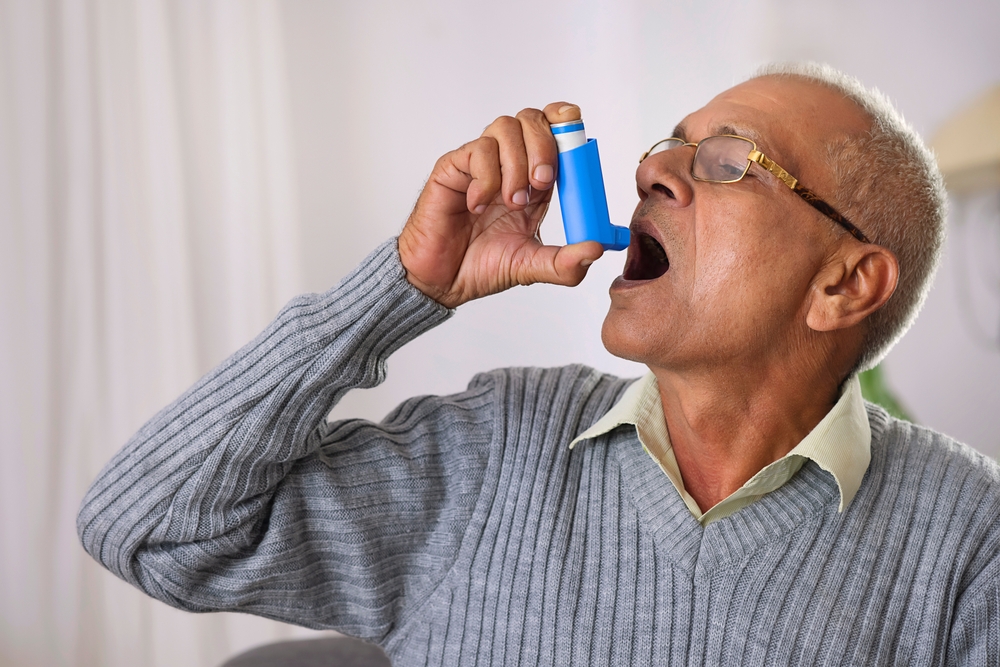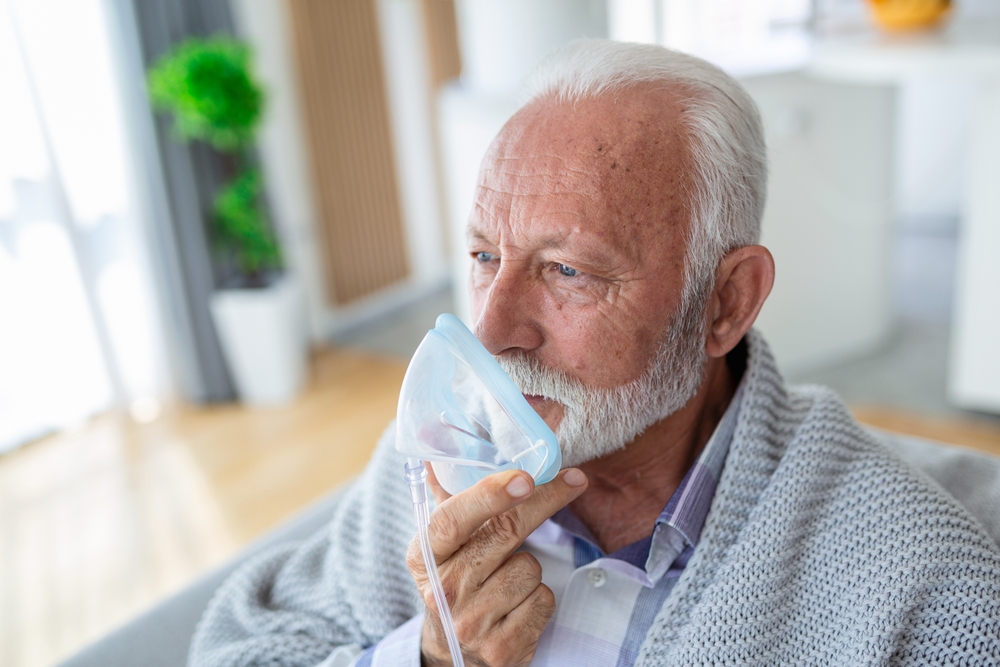Last Updated:
May 28th, 2025
Inhalant Detox | Dealing with Inhalant Withdrawal
Inhalant addiction sneaks up through the misuse of products found in nearly every home. If left unchecked, it can cause enormous harm to your health and personal well-being and can even put your life in danger. The first critical step in recovery is inhalant detox but some people worry it will be uncomfortable or traumatic. That is why undergoing treatment at a professional inhalant detox centre, where they know how to detox your body effectively and safely, is so important.

What is inhalant detox?
Inhalant detox is an integral part of the recovery journey, intended to end inhalant use and start cleansing your systems. While some might try to tackle this alone, quitting inhalants abruptly at home can lead to severe health risks.
In a professional inhalant detox setting, medical experts monitor and manage these risks from the moment you arrive. This ensures a safer, more controlled inhalant withdrawal process, which creates a platform for successful long-term recovery.
There are three main types of inhalants which often require detox:
What is inhalant withdrawal?
When a person dependent on inhalants discontinues their use, they experience inhalant withdrawal. These are symptoms caused by the brain’s adjustment to the absence of the drugs it has grown accustomed to.
Once the brain has become accustomed to inhalants, stopping abruptly leaves the brain incapable of performing key functions independently. It is this which results in withdrawal symptoms, which are usually relatively mild and can include:
- Nausea
- Headaches
- Cravings
- Anxiety
- Runny noses and eyes
- Muscle cramps
- Sweating
- Irritability
- Trouble sleeping
However, some people may experience more serious symptoms of inhalant withdrawal, like hallucinations, increased heart rate and depression. Along with the risk of relapse, these potentially dangerous symptoms are why a professional inhalant detox is so important.
How long does it take to detox from inhalants?
One of the first things people have when they contact Addiction Helper is, “How long does inhalant withdrawal last?” This is not a question we can always give a completely accurate answer to because various factors can affect the length and severity of inhalant withdrawal.
These include:
- Your age
- Your overall health
- The type of inhalant you are detoxing from
- Whether you have been using multiple drugs
- The amounts of inhalants you have been using and for how long
Generally speaking, symptoms for inhalant withdrawal can begin within a few hours of your last exposure and may peak within the first few days. The initial phase, which can last up to a week, often includes physical symptoms such as cravings, nausea, excessive sweating, muscle cramps and headaches. Psychological symptoms like irritability, confusion and anxiety are also common during this time.

After the acute inhalant withdrawal phase, less intense symptoms can continue affecting you for an extended period. These long-term challenges usually include mood swings and disrupted sleep patterns which are best managed with the help of a professional inhalant detox team.
The advantages of a professional inhalant detox centre
Home inhalant detox can be more appealing than checking yourself into a professional clinic. However, a professional inhalant detox centre’s advantages are numerous and well worth the required commitment. Some of these advantages include:
Tips for a successful inhalant detox
Inhalant detox can be a rigorous, demanding process even with all the benefits of professional care. Here are some easy tips which can make it smoother and improve your overall experience:
Contact us today to find the right inhalant detox centre
We provide personalised support, helping you navigate through your options for a successful recovery path. Contact Addiction Helper today to find the right inhalant detox programme for you!
Our compassionate team are ready and available to take your call, and guide you towards lasting the lasting addiction recovery you deserve.
Frequently Asked Questions
(Click here to see works cited)
- Baydala, L. “Inhalant abuse – PMC.” NCBI, 2010, https://www.ncbi.nlm.nih.gov/pmc/articles/PMC2948777/. Accessed 25 February 2025.
- Radparvar, Sina. “The Clinical Assessment and Treatment of Inhalant Abuse.” NCBI, 20 April 2023, https://www.ncbi.nlm.nih.gov/pmc/articles/PMC10266853/. Accessed 25 February 2025.
- MedlinePlus. “Inhalants.” MedlinePlus, 27 December 2023, https://medlineplus.gov/inhalants.html. Accessed 25 February 2025.
- UK Addiction Treatment Centres. “Inhalant Addiction: Inhalant Abuse Signs & Symptoms | UKAT.” UK Addiction Treatment Centres, 8 August 2023, https://www.ukat.co.uk/addiction/volatile-substance/inhalant/. Accessed 25 February 2025.

